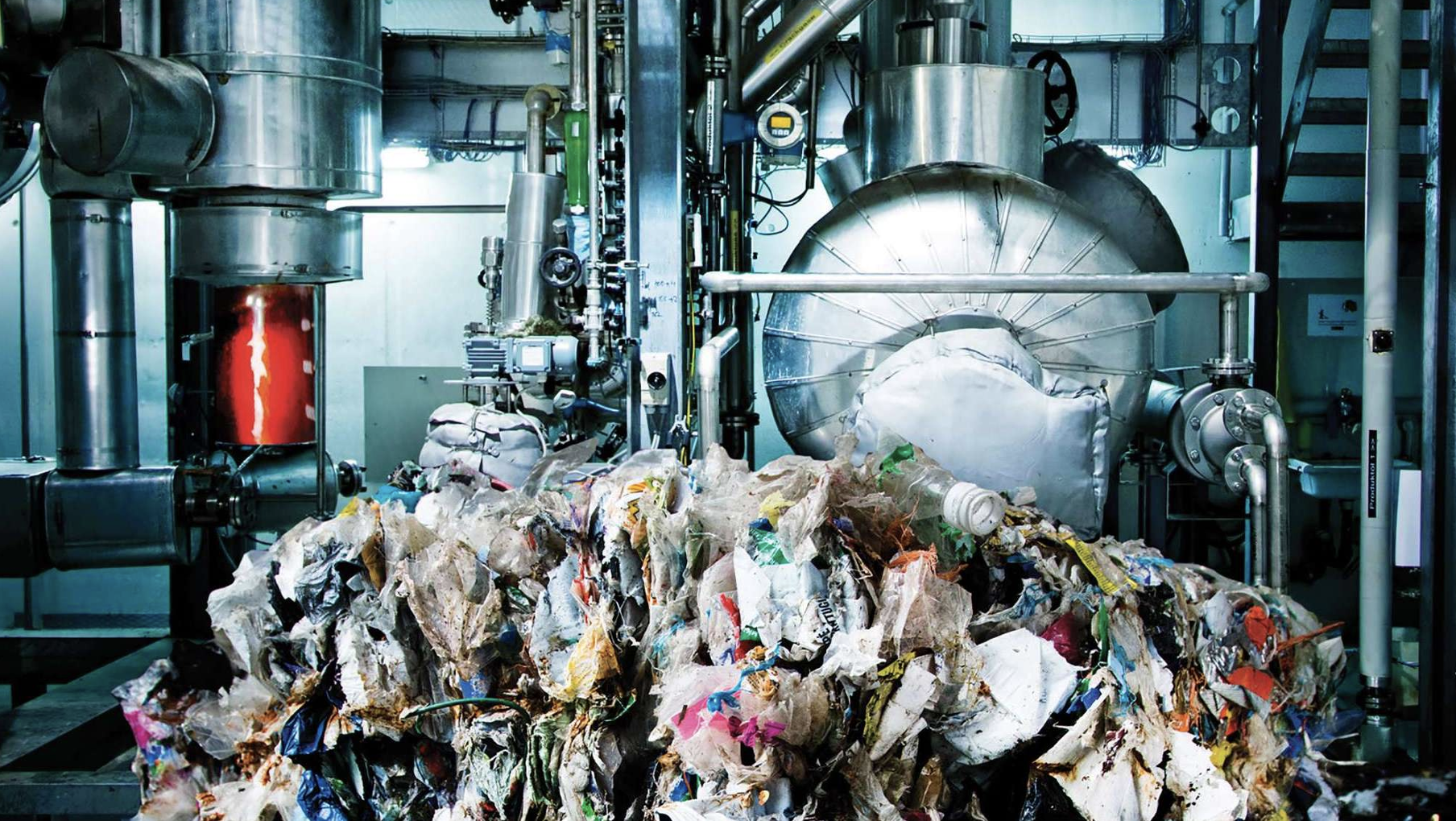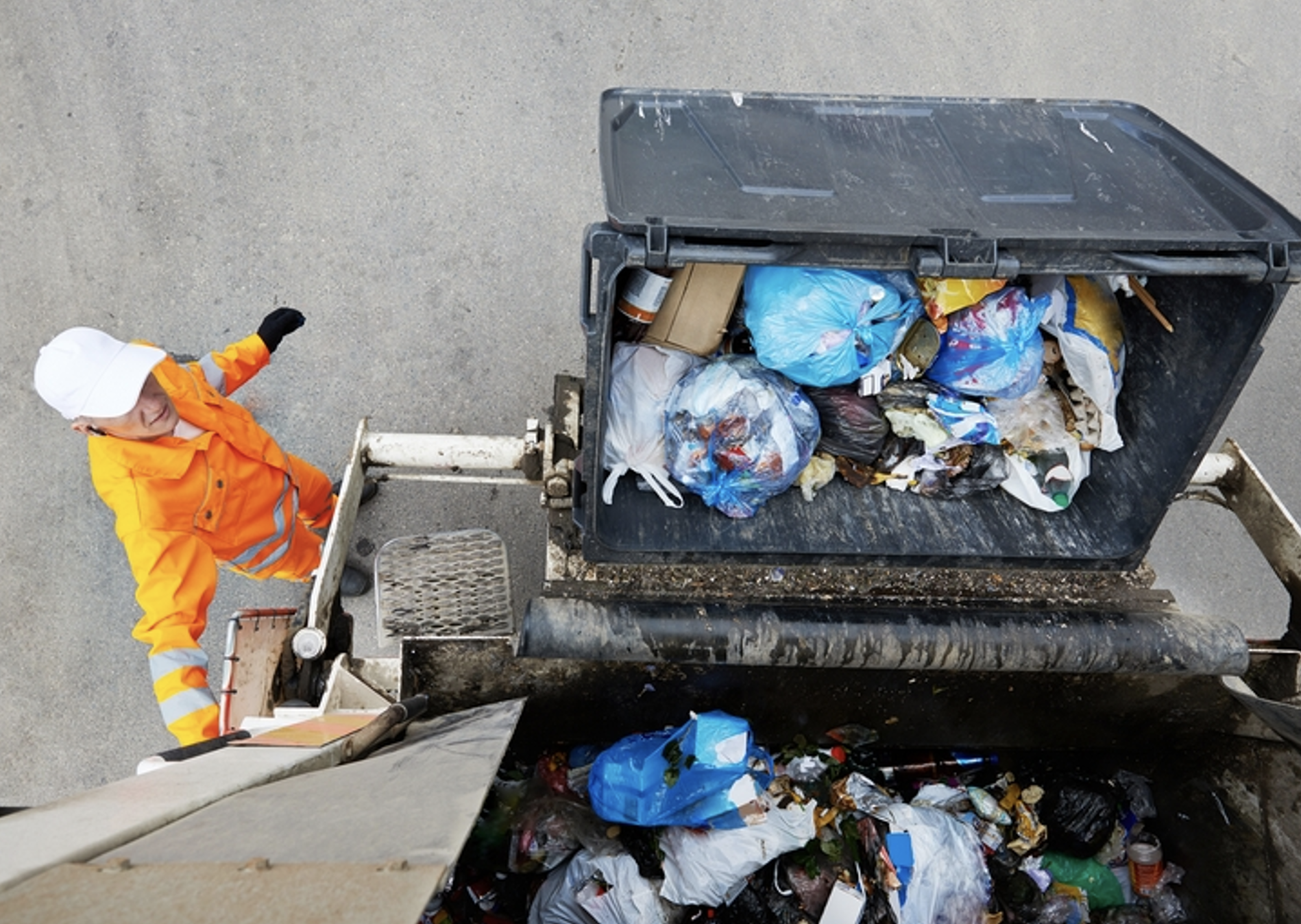We generate waste every day, whether we are consuming or manufacturing products. However, those from factories and manufacturing companies contribute more to the amount of waste generated annually. These companies generate various non-recyclable and non-biodegradable substances that pollute the environment if they are not properly disposed of.
Even if industrial waste ends up in landfills, it generates methane, a greenhouse gas that is capable of contributing to climate change. Therefore, if you operate an industrial business, you must develop strategies for waste management. Let’s discuss some options available to you.
Separate and Compost
To reduce the impact of waste on the environment, you should dispose of it properly. The first thing you should do is to separate it by placing different bins for each type of waste. If handling hazardous waste, ensure it is treated to remove any toxic chemicals that might be released into water or air.
Additionally, you can contact recycling companies in your area that can reuse old items to create new products. Biodegradable wastes can be composted and converted to manure instead of moving them to landfills. Examples of biodegradable wastes are cardboard, straw, sawdust, leaves, newspapers, and food waste.
Get Your Team Involved
The steps involved in managing industrial wastes are complex. You have to sort them into different categories: recyclable vs non-recyclable, hazardous vs non-hazardous, solid vs liquid, etc. After that, they should be treated and turned into compost, and so on.
If you do not have a team dedicated to carrying out this activity, you need to create one. You can name it “the green team” and allow the members to suggest ways your company can effectively manage its wastes. The team will also implement, monitor, and evaluate their suggestions. They can also suggest ways to reduce waste during production.
To make your team more efficient, ensure the members undergo training. They should learn how to evaluate hazardous substances, procedures for handling different types of waste, emergency readiness, and so on. You can check out this website to get training resources for your team.
Reconsider Your Packaging
Materials used in packaging goods contribute to the waste your company generates. While we cannot totally eliminate packaging, we can reduce its impact on the environment. One way to achieve this is switching to the use of eco-friendly materials like cardboard boxes. You can also develop plantable packaging.
You can also try to recycle or reuse the packaging that comes with your raw materials. If that is not possible, hand them out to a scrap dealer. On a more sustainable note, you can start patronizing vendors that use recyclable packaging.
Reduce Waste from Industrial Paint
Industrial wastes are not just about your production methods. The paint used in painting the floor of your factory is a hazardous product that should not be overlooked. Sometimes, after painting, the workmen leave half-filled or empty cans that should be disposed of. If you store the leftover paint, it will dry up and become unusable over time.
Also, the paint contains VOCs (volatile organic compounds) that are harmful to the environment. To reduce this type of waste, purchase high-quality paint so you won’t have to repaint the floor frequently. You can also choose eco-friendly paint and dispose of cans in an eco-friendly way. You can also use them to store raw materials or send them to a recycling unit.
Hire a Waste Management Company


No comments
Post a Comment
Thank you for visiting my blog. Your comments make me happy. :)